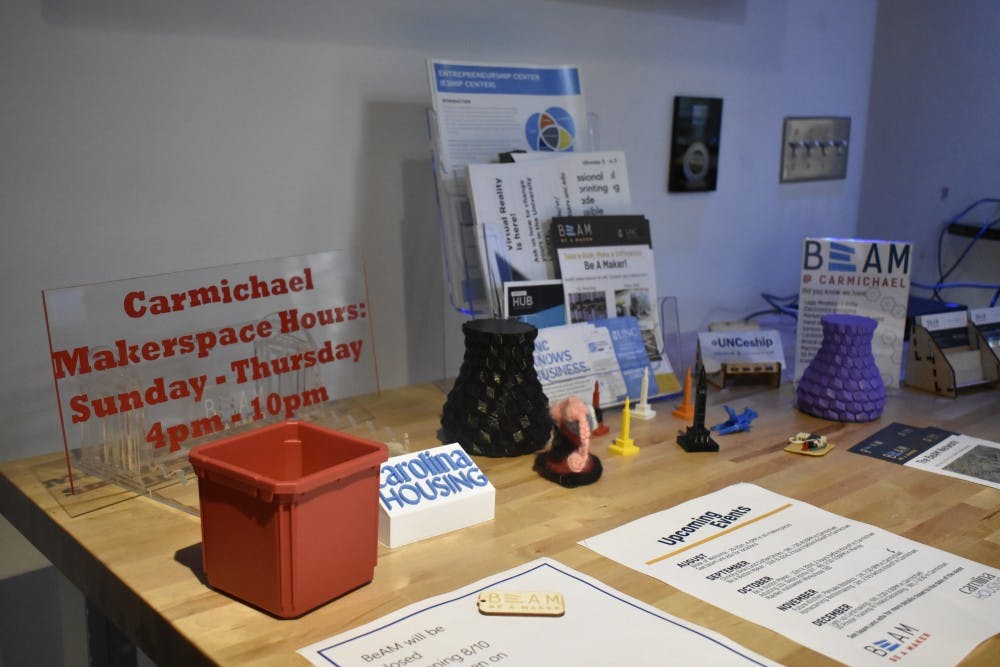In the void of funding left by federal budget cuts, UNC kickstarted Carolina Works, a program designed to expand work-study positions for students supported through grants and donations.
The program, available to undergraduates who don't make the financial cutoff for federal work-study, is part of Campaign for Carolina, a fundraising effort the University launched last year aiming to collect $4.25 billion in donations by the end of 2022.
“We have a lot of students who are aid-eligible, but don’t necessarily qualify for federal work study, which is usually reserved for our lowest-income students,” said Eric Johnson, a spokesperson for the Office of Scholarships and Student Aid. “So growing Carolina Works will help us extend work opportunity to a broader category of students on financial aid.”
Jobs will be available across campus and through community partners, with a focus on positions tailored to academic and career interests, according to a flyer from the Office of Undergraduate Admissions and Office of Scholarships and Student Aid.
Because the program is in its beginning stages, many students who qualify aren’t aware of the Carolina Works initiative — or that they must fill out a Free Application for Federal Student Aid to be considered.
"Part of the goal for Carolina Works is to expand work opportunities for students who fall a little above the cutoff, so they’re still eligible for aid but not for traditional work-study funding," Johnson said.
According to U.S. News, 42 percent of full-time undergraduates at UNC receive some kind of need-based financial aid. Many aid packages offer a work-study position to supplement college expenses.
Sophomore Parker Jenkins is on his second year as a work-study recipient, employed as a lighting assistant with PlayMakers Repertory Company. As a Covenant Scholar he automatically receives a work-study position through his scholarship. However, Jenkins says that it is more than just a perk from his financial package.
“I wanted to work in a field related to something I enjoyed while also learning a new skill,” Jenkins said. “I’m an actor and wanted to learn more about technical theater, and lighting seemed like a great way to gain that experience.”



